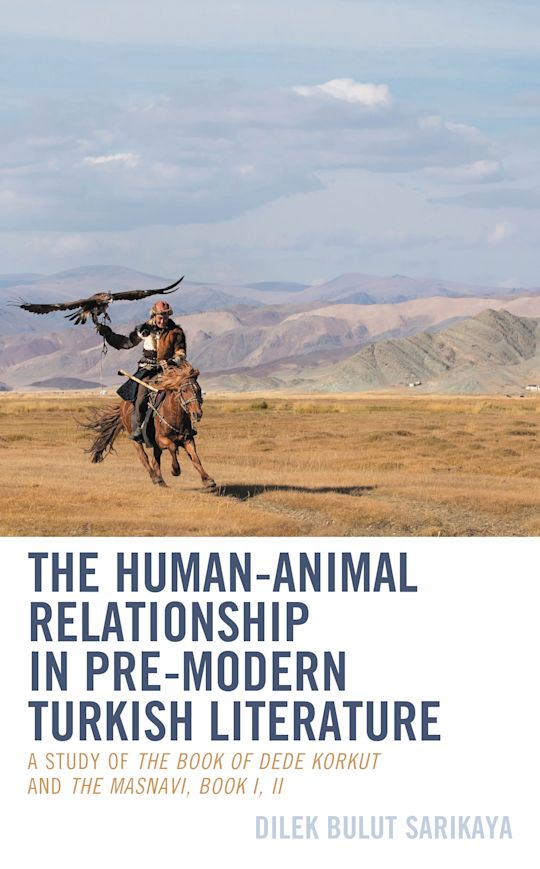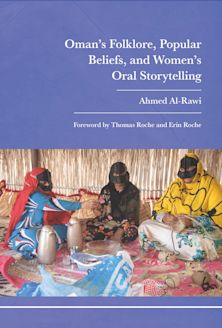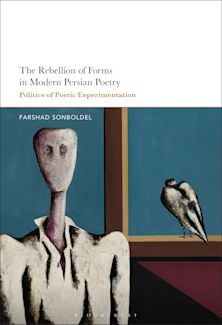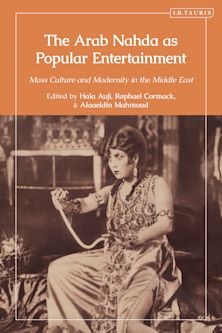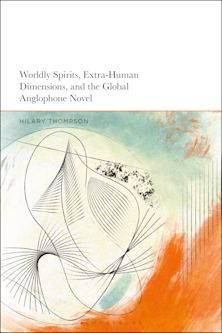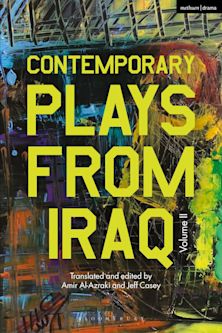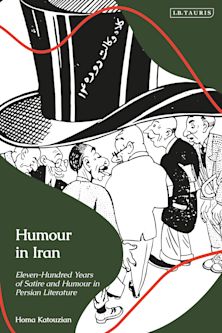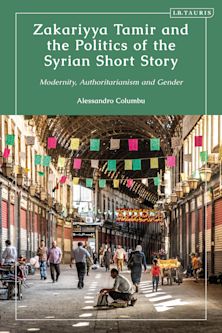- Home
- ACADEMIC
- Literary Studies
- Middle Eastern Literature
- The Human-Animal Relationship in Pre-Modern Turkish Literature
The Human-Animal Relationship in Pre-Modern Turkish Literature
A Study of The Book of Dede Korkut and The Masnavi, Book I, II
The Human-Animal Relationship in Pre-Modern Turkish Literature
A Study of The Book of Dede Korkut and The Masnavi, Book I, II
You must sign in to add this item to your wishlist. Please sign in or create an account
Description
In The Human-Animal Relationship in Pre-Modern Turkish Literature: A Study of The Book of Dede Korkut and The Masnavi, Book I, II, Dilek Bulut Sarikaya explores medieval Anatolia, where humans' connectivity to nonhuman animals was not yet disrupted by the capitalist economic systems and demonstrates how ancient societies treated nonhuman animals as self-conscious, spiritual individuals, capable of feeling pain with highly advanced forms of intentionality.
Table of Contents
Acknowledgments
Introduction
Chapter 1. Morality, Subjectivity, and Intentional Agency of Nonhuman Animals in The Book of Dede Korkut and The Masnavi, Book I, II
Chapter 2. The Role of Religion in Shaping the Human Perception of Animals in The Book of Dede Korkut and The Masnavi, Book I, II
Conclusion
References
About the Author
Product details
| Published | Jan 09 2023 |
|---|---|
| Format | Ebook (PDF) |
| Edition | 1st |
| Extent | 1 |
| ISBN | 9781978785991 |
| Imprint | Lexington Books |
| Series | Ecocritical Theory and Practice |
| Publisher | Bloomsbury Publishing |
About the contributors
Reviews
-
Dilek Bulut Sarikaya’s compelling analysis of two major works of medieval Turkish literature is a welcome and stimulating contribution to the larger field of animal studies as well as to the powerfully emerging areas of Turkish ecocriticism and Turkish cultural studies. Investigating the roles of spirituality and religion in the construction and representation of the more-than-human world in The Book of Dede Korkut and Rumi’s The Masnavi, Sarikaya shows how these texts offer insights and understandings originating in Anatolia’s cultural heritage that can inform our current efforts to undo the damage caused by the anthropocentric thinking.
Sinan Akilli, Cappadocia University
-
In The Human-Animal Relationship in Pre-Modern Turkish Literature, Dilek Bulut Sarikaya offers theoretically sound and very readable accounts of human/nonhuman animal connections in medieval Turkish literature. Sarikaya gives subtle and nuanced descriptions of how The Book of Dede Korkut and Mevlana Celaleddin Rumi’s The Masnavi depict physical and spiritual engagements with animals. The primary lessons of these books are about the importance of relations that are based on compassion and empathy rather than on an exploitative ethics. These lessons, Sarikaya argues, are critical for an age such as ours in which animals count for so little. Sarikaya’s wide-ranging methodological and theoretical scope is impressive and strikes a perfect balance between a review of data and an expansion of theoretical connections. This is a must-read book.
Simon C. Estok, Senior Research Fellow at Sungkyunkwan University and author of The Ecophobia Hypothesis
-
This theoretically sophisticated book provides a thorough examination of the ethical and spiritual human-animal relationships that pervade early Turkish literature and continue to be visible in certain aspects of contemporary Turkish culture, such as the respect often shown toward street cats and dogs. Rooted in the pre-modern shamanism of Turkic cultures, The Book of Dede Korkut and Rumi’s The Masnavi reveal an attitude of devotion to animals whose lives intersect with human lives, serving as an admirable model for those of us in other parts of the world, living in the twenty-first century.
Scott Slovic, Oregon Research Institute

ONLINE RESOURCES
Bloomsbury Collections
This book is available on Bloomsbury Collections where your library has access.









